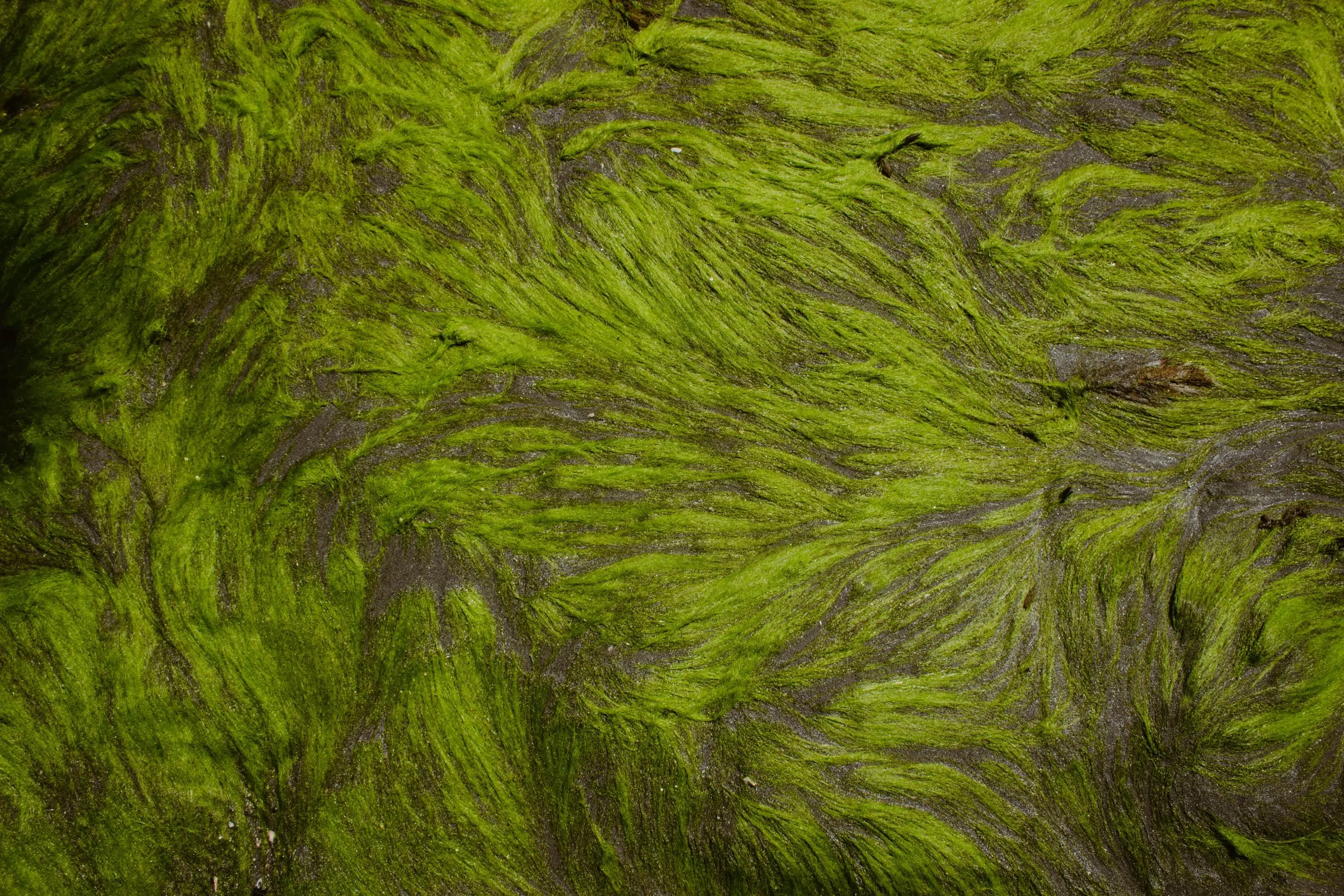New Brunswick Public Health is reminding the public about the effects of blue-green algae.
Blue-green algae, known as cyanobacteria, is a naturally occurring bacteria found in many provincial ponds, lakes and rivers.
Though it’s not normally visible, it can increase in number under certain conditions to form surface blooms or benthic mats.
While it is mostly recognized in blue-green colour, Public Health officials say surface blooms can also be green, red, brown or yellow.
Benthic mats can form along the bottom of lakes and rivers, and can look like clumps of vegetation that may appear black, brown or dark green in the water, but, when washed up on the shore and dried, may appear brown or grey. They can also be attached to rocks or aquatic vegetation.
While not all algae are harmful, health officials say some may produce toxins that can cause skin, eye and throat irritation. More serious health effects such as diarrhea and bloating can occur if toxins are consumed.
Dr. Yves Léger, acting chief medical officer of health, wants all residents to be active and enjoy the outdoors and understand and consider the potential risks of exposure to blue-green algae.
“We encourage New Brunswickers to familiarize themselves with what blue-green algae looks like in order to minimize risks for themselves, their loved ones and pets.”
Léger says it is very important to always check the water before entering and to avoid swimming in areas where there are visible blooms or mats.
Other safety advice includes:
- Always supervise young children and pets near recreational waters
- Do not swallow lake or river water
- Bathe or shower after being in recreational waters
- Do not enter the water with open cuts or sores
- Always wash your hands before eating
Pet owners are advised that benthic mats, including those that wash up along the shores of lakes and rivers, can be toxic and potentially lethal to dogs if consumed since dogs are attracted to their odour and should not be permitted to eat vegetation or floating benthic mats.
As a precaution, children and adults should not play with or handle benthic mats while wading, fishing, boating or otherwise enjoying recreational waters.








